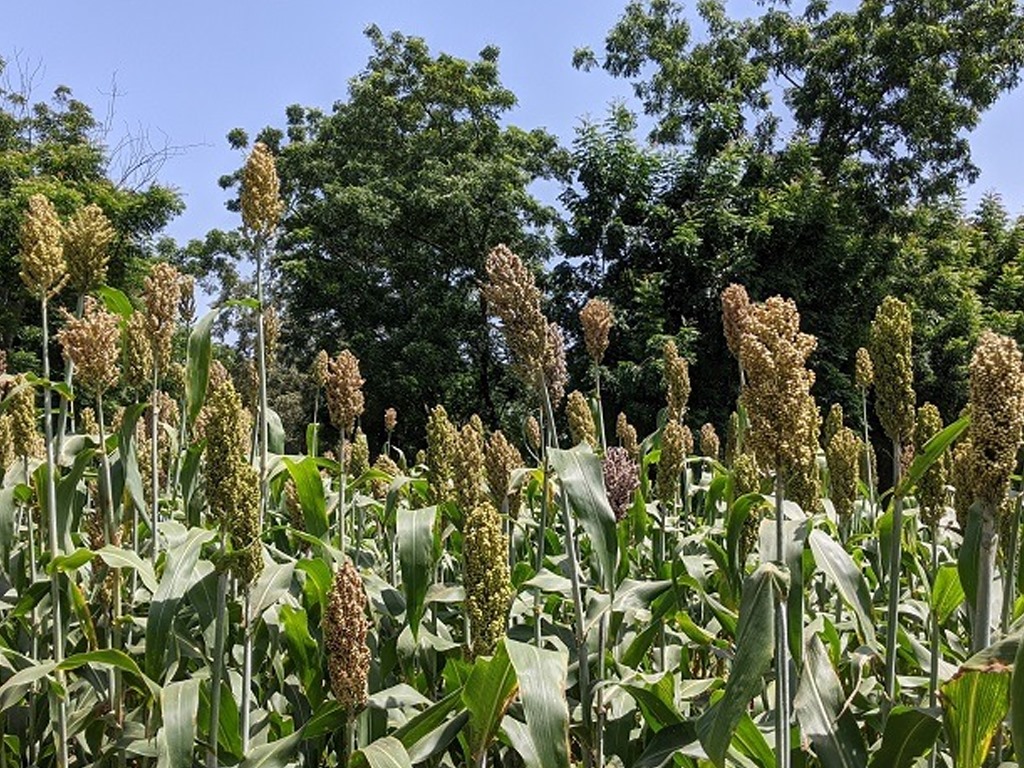Towards food self-sufficiency: Burkina Faso invests in fodder production

Under President Ibrahim Traoré’s leadership, Burkina Faso is stepping up its efforts to achieve food self-sufficiency.
During the launch of the 2024 fodder production campaign in Manga, the government, through the Ministry of Agriculture, Animal Resources, and Fisheries, unveiled a set of measures aimed at supporting the country’s producers and livestock farmers.
The Burkinabe government has made available a wide range of subsidized resources to encourage their utilization:
- 1,000 barn construction kits
- 2,300 tons of fodder seeds
- 8,553 tons of agro-industrial by-products
- 75 kits for processing agricultural by-products
- 160 fodder production equipment kits
These resources are intended to enhance fodder production, which is critical for livestock feed, especially during dry periods.
Economic Impact of Livestock Farming
Livestock farming is a vital sector of Burkina Faso’s economy, representing over 18% of the GDP and involving more than 80% of the population.
Given its significance, the government is placing particular emphasis on promoting best practices in fodder production and conservation.
These initiatives aim to strengthen the resilience of livestock farmers against feed shortages, which are common during the dry season.
Challenges and Achievements of the 2023-2024 Campaign
Despite the efforts, the 2023-2024 fodder campaign reveals a deficit: total dry matter (TMS) needs amount to 17,826,157 tons, while availability is estimated at 13,522,026 tons, covering only 76% of the requirements.
This deficit underscores the importance of governmental initiatives to bridge the gap and ensure sufficient production.
President Ibrahim Traoré and his government demonstrate a firm determination to lead Burkina Faso towards food self-sufficiency.
By investing in the agricultural sector and supporting livestock farmers, the country is empowering itself to meet the food needs of its population and enhance its food security.
Papa IBRAHIMA











